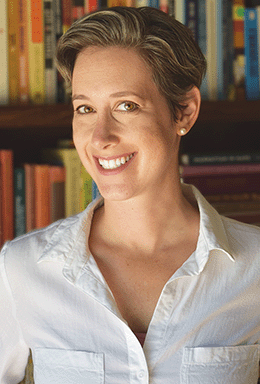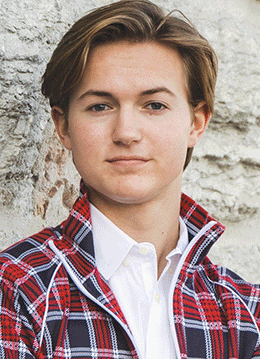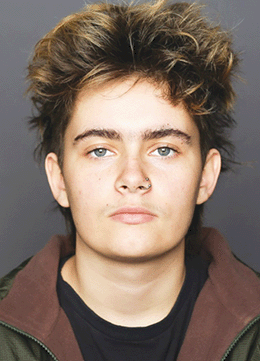By DORIS RUBENSTEIN
During the 10 years that I lived in Brooklyn (1974-1984), I had two encounters with the Chabad “mitzva tanks.” When I was invited to “dwell” in their mobile sukka, I was glad to enter, say the bracha (blessing) — they were surprised that I knew it — and have a cookie, with the right bracha again. However, when I passed the mitzva tank another time and tried to take advantage of the opportunity they were offering to men to lay tefillin, I was rebuffed. So, when I read the story told in Trayf, soon playing at Six Points Theater, I was intrigued.

This poignant and heartwarming comedy, taking place in Manhattan and Brooklyn in 1991, centers around Shmuel and Zalmy, two Chabad-Lubavitch teenagers. When they go into the secular community to engage non-observant Jews and do good deeds in their mitzva tank — “Mitzvas on the Spot for People on the Go” — they meet Jonathan, a curious man searching for meaning and purpose. As the twosome becomes a circle of three, friendships and love of Judaism are tested.
The motivation behind the mitzva tank effort is to hasten the coming of the Messiah by engaging as many Jews as possible in performing mitzvot. What, then, was the playwright’s motivation to write such a play?
Lindsay Joelle is the granddaughter of a survivor in Poland’s underground resistance and the daughter of an American born in Israel. Based in New York City, Joelle is drawn to stories of misfits, rebels and the unassimilated. According to her website, “her plays spotlight voices not usually heard in the American theater: Chasidic Jews addicted to rock and roll [or] sanitation workers who find treasure in the trash, etc. Her writing explores the rituals, routines, jargon, and humor of communities across America.”
When it came to writing Trayf, though, her real inspiration was the life of a friend who left the Brooklyn-based Lubavitch community to live a more secular life.

“The first thing that grabbed me was the bravery that it must have taken for my ex-Chasidic friend to dive into a world that was completely unknown to him to experience secular culture so deeply and fully when he did not have easy access to it,” she said.
Trayf is having its regional debut at Six Points Theater but already has played at some of the most prestigious Jewish theaters in North America, including Theater J in Washington, D.C., and the Geffen Playhouse in Los Angeles. The script alone earned accolades, garnering finalist status in competitions like the Eugene O’Neill Theater Center’s National Playwrights Conference and the Jewish Plays Project.
Most of the performers will be familiar to Twin Cities theater fans; I say “most” because there are two performers who are making their Six Points debuts: Charlie Peterson in the key role of Shmuel is a high school junior attending Saint Paul Conservatory for Performing Artists. Shmuel’s partner in crime, Zalmy, is being played by Soren Thayne Miller, a high school senior at St. Paul Academy. Miller has performed in several Six Points productions already.
Being young and having little opportunity to interact with the tiny Chasidic community in the Twin Cities may be a challenge for these young actors. I trust the accomplished director, Jennie Ward, to coach them and encourage them to bring authenticity to these important characters.

“Barbara Brooks knew that I would do the research into the emotional landscape of the Chasidic community, not just their history and anthropology,” Ward, who is not Jewish, said. “I’ve always been interested in how human beings interact with the divine. I found that no matter what religion I studied, there was a commonality among the different faith groups. And, by the way, I subscribe to Chabad.org.”
So, the question for the Twin Cities community is: After this play, will our local Chasidic community decide to launch their own mitzva tank? If they do, will you line up to do a mitzva on the spur of the moment there? It may just be as much fun and as meaningful as it is for the characters in Trayf.
When I actually went into the Chasidic community, I was shocked by how normal it all felt. These were multidimensional, human people. Religious observance was the guiding organization of their lives and the root of their faith, but it wasn’t the center of every conversation.
***
Trayf runs Feb.18 through March 12 at Six Points Theater, Highland Park Community Center, 1978 Ford Pkwy., St. Paul. For information and ticket reservations, go to: sixpointstheater.org or call 651-647-4315.
(American Jewish World, February 2023)




















